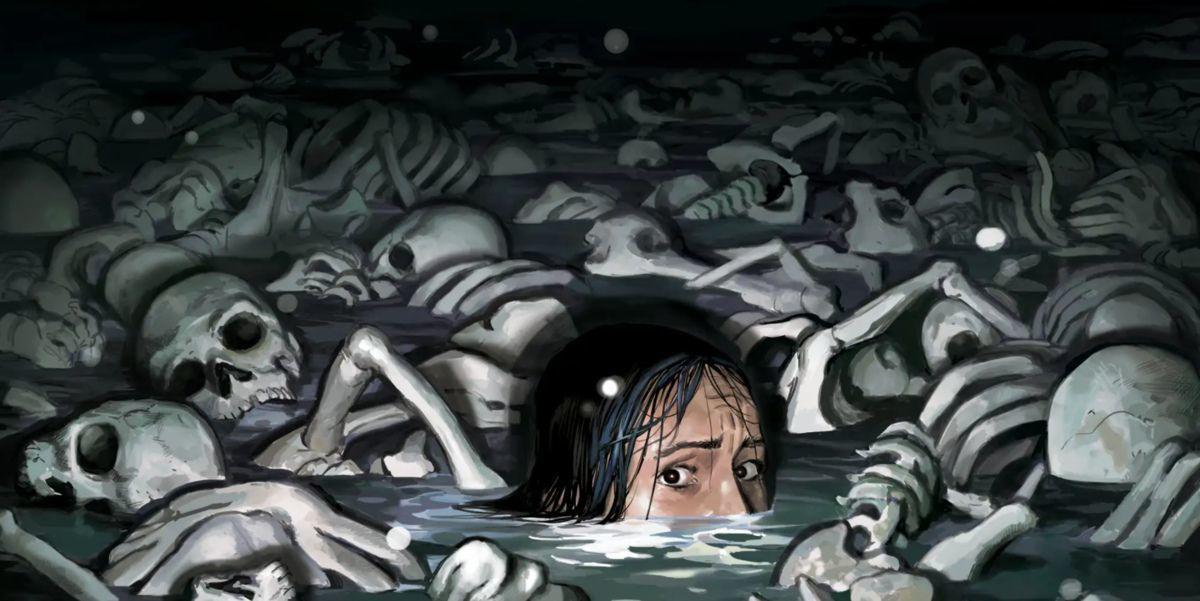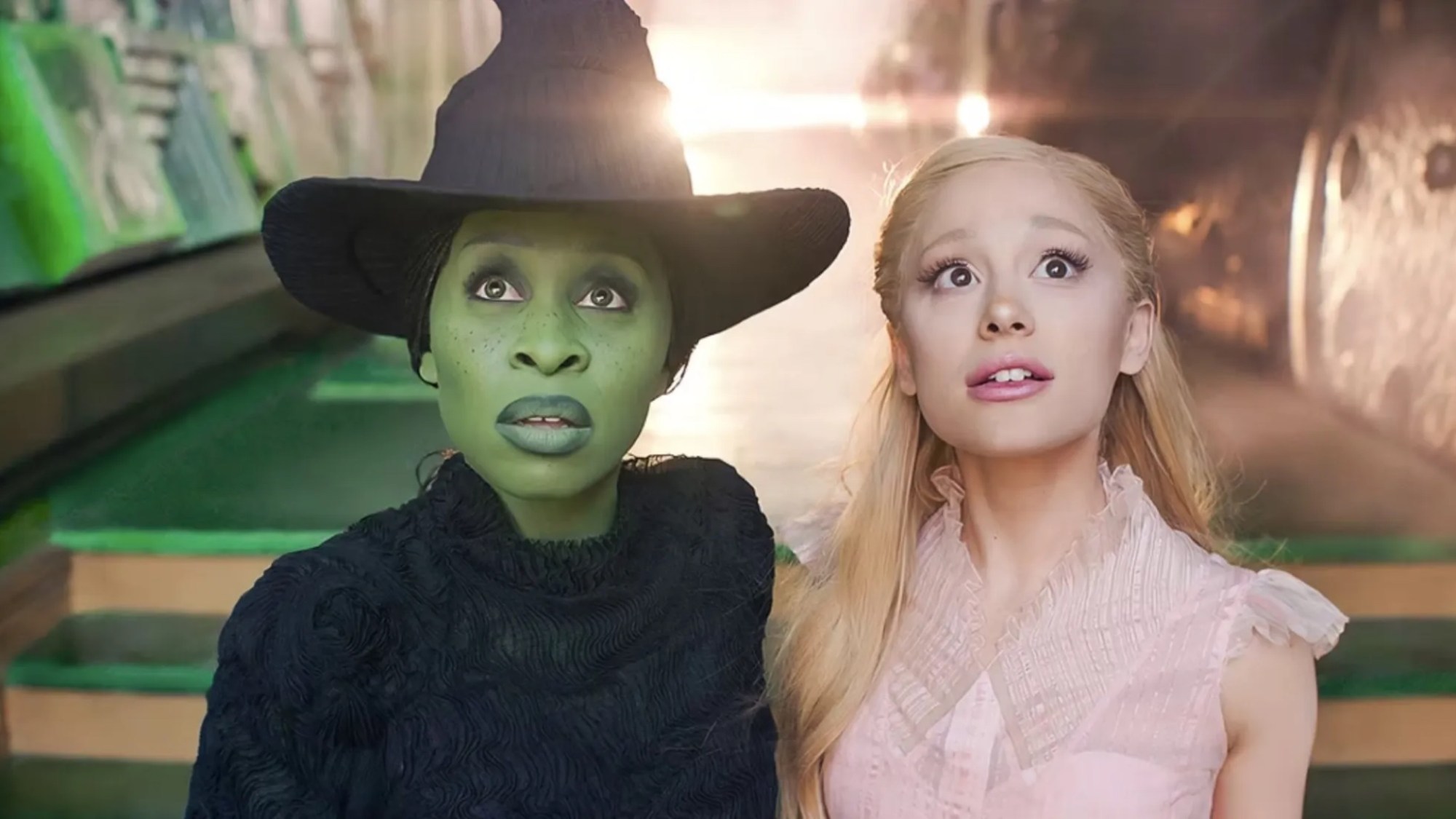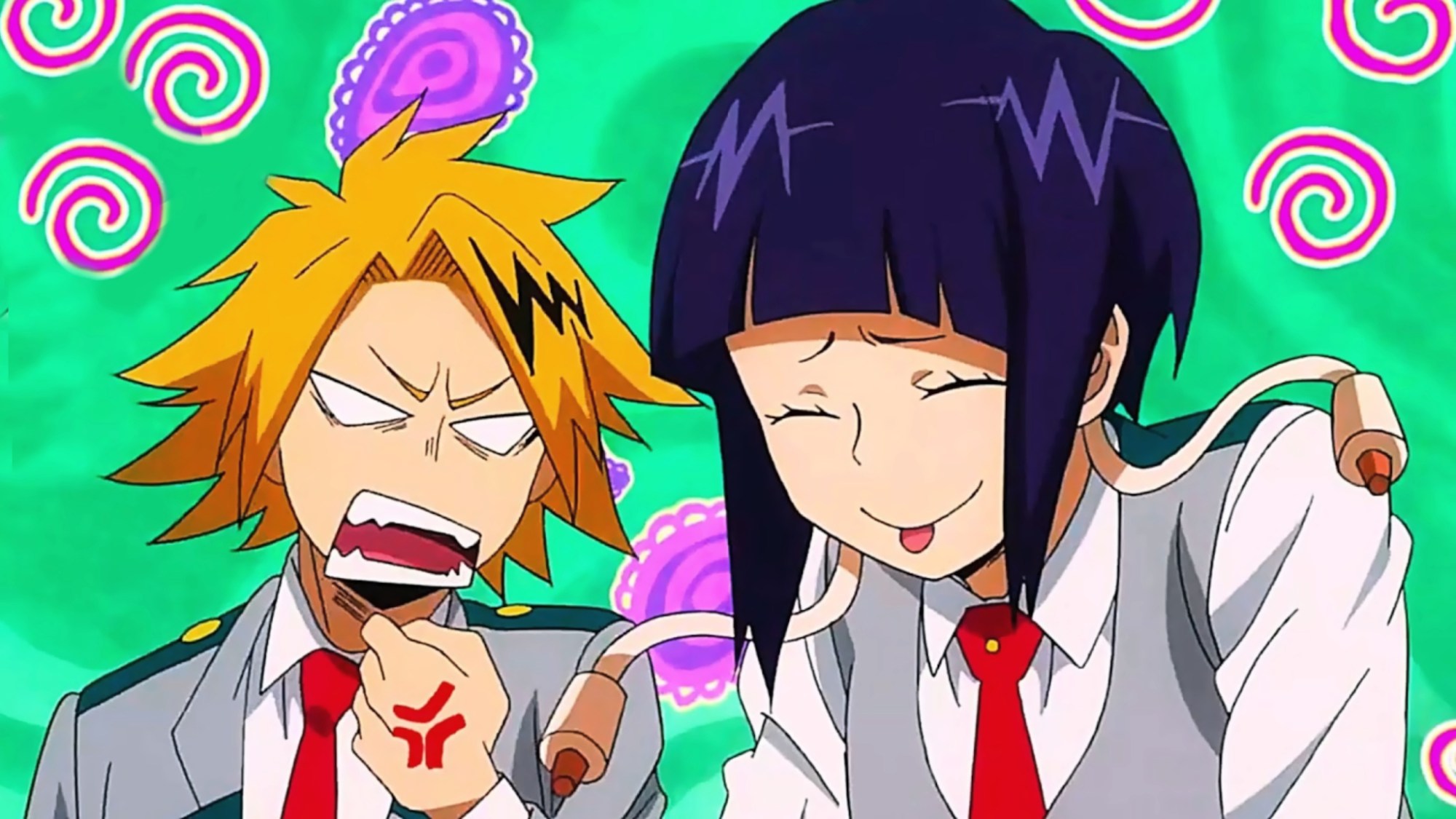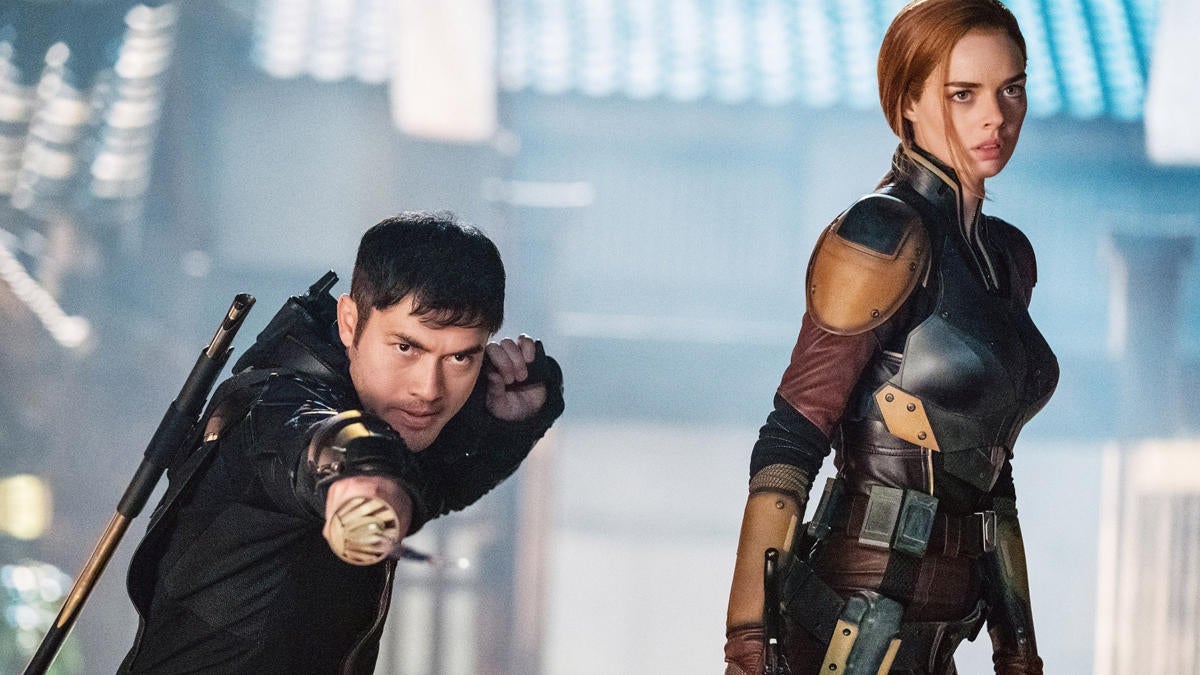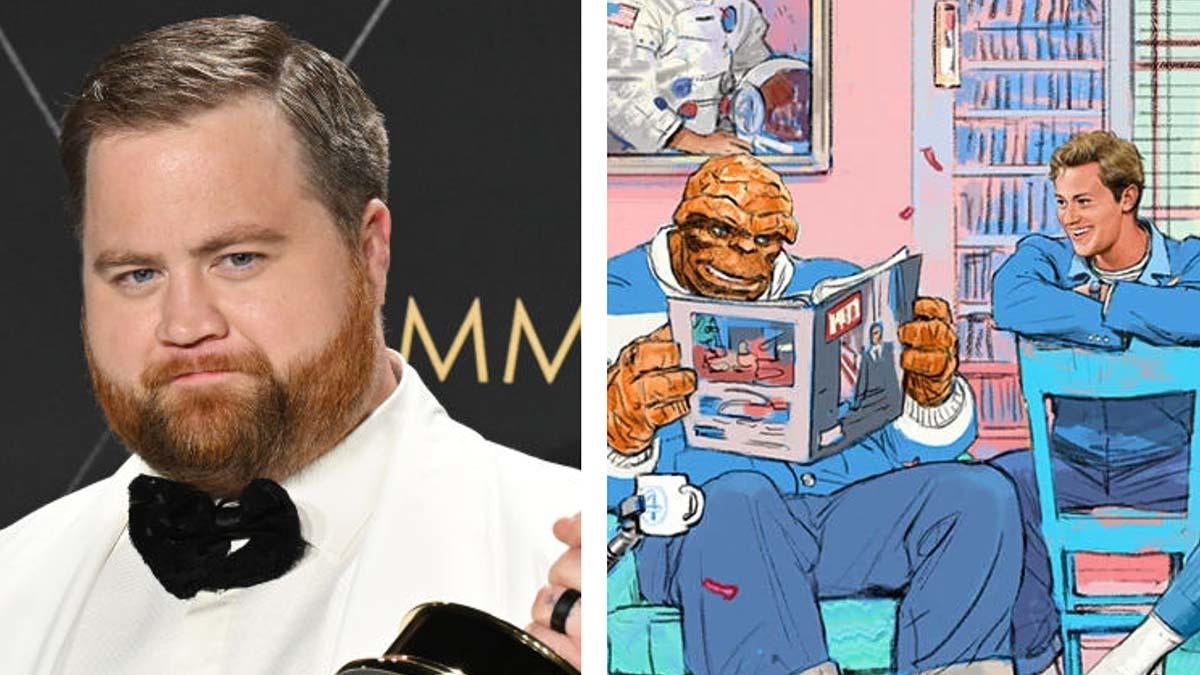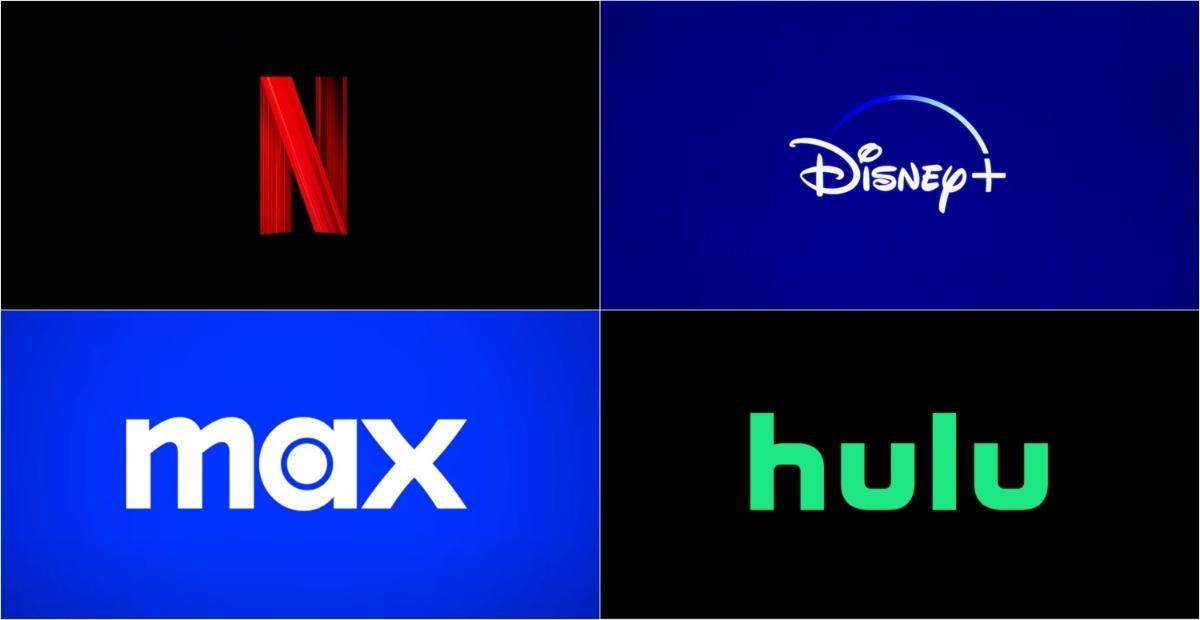The Nice House on the Lake isn’t just another apocalyptic horror story – it’s a masterclass in psychological tension and character dynamics that seems practically engineered for HBO‘s brand of prestige television. And with its creator James Tynion IV’s proven track record of crafting compelling, adaptation-ready narratives, this could be HBO’s next major hit in the realm of DC Comics.
Videos by ComicBook.com
The story’s premise alone reads like a pitch for HBO’s next watercooler sensation. Ten accomplished professionals receive an invitation from their peculiar friend Walter to spend time at a luxurious lake house. As they settle in for what should be an idyllic getaway, they witness the world literally burning outside their windows. Their host reveals himself as an other-dimensional being who has “saved” them from humanity’s extinction – but they can never leave.

What makes this series perfect for a television adaptation isn’t just its high concept, but its meticulous character work. “When you’re writing horror, you can’t be afraid to poke directly the things you don’t like about yourself,” Tynion explained to The Hollywood Reporter. This level of psychological complexity is HBO’s bread and butter, evident in shows like Succession and The Last of Us.
Tynion’s ability to craft compelling narratives that resonate with both readers and producers is already proven. His series Something Is Killing the Children has become an independent comics phenomenon, selling over 5 million copies worldwide and attracting Netflix’s attention. The title’s popularity rivaled the likes of other hit series like Saga and The Walking Dead.
With Netflix tapping Dark creators Baran bo Odar and Jantje Friese to develop that series, and Tynion’s unprecedented achievement of winning three consecutive Eisner Awards for Best Writer (2021-2023) – a feat only matched by comics legends Alan Moore and Neil Gaiman – his ability to create adaptable, intriguing narratives is clear.
[Related: HBO Max Has a New Surprise for Lord of the Rings Fans]
The Nice House on the Lake’s story structure already feels episodic, with each issue providing deep dives into different characters’ perspectives and relationships with Walter. The comic’s success in balancing an ensemble cast while maintaining narrative momentum demonstrates its potential for serialized storytelling. As DC executive editor Chris Conroy notes, “James is totally unafraid of writing from his own point of view, and he trusts the audience to understand and value the experience of seeing the world the way he sees it.”

The recent launch of The Nice House by the Sea, the series’ second “cycle,” further proves its potential for sustained storytelling. This expansion introduces a new group of survivors – this time comprising Nobel laureates, Tony winners, and other exceptional achievers – trapped in a Mediterranean villa by another mysterious being named Max. The contrast between the two houses’ dynamics (friends versus accomplished strangers) provides rich material for parallel storytelling.
The visual aspects of both series would translate beautifully to television. Martínez Bueno’s artwork, particularly his “house porn” architectural renderings and character expressions, provides a perfect blueprint for production design. The comics’ use of mixed media elements – Twitter feeds, emails, text messages – aligns perfectly with modern television’s visual language.
Moreover, the timing couldn’t be better. The original series, launched during the pandemic, tapped into collective anxieties about isolation and apocalyptic fears. These themes remain relevant but have evolved, with the sequel exploring questions of complicity and privilege. As Tynion tells THR, “It’s that tension of trying to live a good life and a comfortable life, and the knowledge that around us people are suffering.”
The series has already proven its ability to garner critical acclaim. Beyond its Eisner Award for Best New Series, it became the first DC comic since Watchmen to win at the prestigious Angoulême International Comics Festival. This pedigree suggests potential for the kind of critical recognition HBO covets.

The storytelling also demonstrates remarkable restraint in its horror elements. Rather than relying on constant shock value, it builds dread through psychological tension and existential questions. This approach aligns perfectly with HBO’s sophisticated treatment of genre material, as seen in shows like The Outsider and Lovecraft Country.
When discussing The Nice House by the Sea with DC.com, Tynion reveals, “The people in this house do not like each other. They don’t want to spend time with each other. This is a house of strangers and tension much more than a house of friendship, and we’re going to see the way that guilt, boredom, and loneliness has twisted each of them.” This kind of character-driven conflict, combined with cosmic horror elements and existential questions about humanity’s worth, feels tailor-made for HBO’s programming approach.
The timing for such an adaptation seems particularly ideal, as HBO continues to expand its relationship with DC properties. While The Nice House on the Lake offers a very different experience from superhero fare, it demonstrates the depth and variety of DC’s catalog, potentially attracting viewers who might not typically engage with comic book adaptations.
In a time where streaming services are constantly searching for distinctive content that can generate buzz while maintaining artistic credibility, The Nice House on the Lake offers a perfect balance. Its blend of psychological horror, character drama, and sci-fi elements could fill the void left by some of HBO’s concluded genre series while establishing its own unique identity.
The success of such an adaptation would rely heavily on casting and execution, but the source material provides an incredibly strong foundation. With Tynion’s proven ability to craft television-ready narratives, combined with HBO’s production values and commitment to high-quality storytelling, The Nice House on the Lake could be the next major television event that proves comic book adaptations can be intelligent, thought-provoking entertainment for adult audiences.
